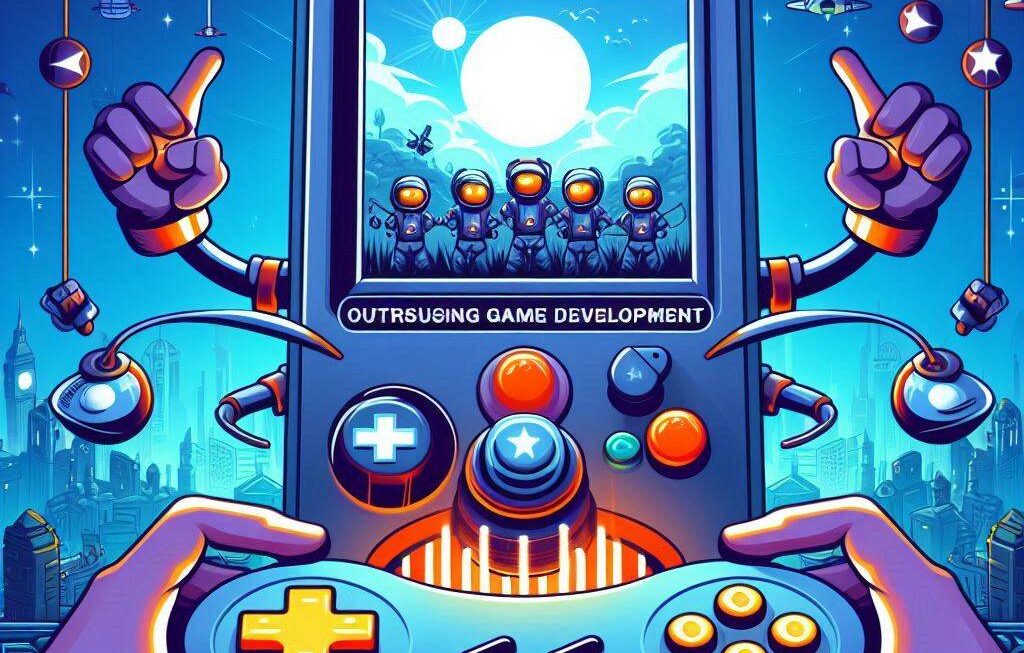In the golden age of gaming, the 1990s witnessed the birth of visionaries who redefined interactive entertainment. These pioneering developers, with their groundbreaking titles and innovative ideas, left an indelible impact on the gaming world.
Shigeru Miyamoto: The Maestro of Nintendo
Shigeru Miyamoto, often referred to as the “Maestro of Nintendo,” is a legendary figure in the gaming industry. His creations, including Super Mario Bros., The Legend of Zelda, and Donkey Kong, have captivated generations of gamers worldwide.
Miyamoto’s innovative approach to game design, which emphasized intuitive controls and immersive storytelling, revolutionized the way we play games today.
Miyamoto’s design philosophy is rooted in the belief that games should be accessible to everyone, regardless of their skill level. This philosophy is evident in his iconic character, Mario, who embodies the spirit of perseverance and determination.
Miyamoto’s games are not just about winning; they are about the journey, the exploration, and the discovery that comes with it.

John Carmack: The Architect of Id Software
John Carmack, co-founder of Id Software, is renowned for his work on the Doom series and Quake. His pioneering use of 3D graphics in video games propelled the industry into a new era.
Carmack’s contributions extend beyond just graphics. He was also instrumental in popularizing multiplayer gaming with the release of Doom, which allowed players to compete against each other online. This feature revolutionized the way games were played and paved the way for modern online gaming.
Will Wright: The Visionary Behind SimCity
Will Wright, creator of SimCity and The Sims, is a game developer who has mastered the art of simulating real-world scenarios in digital form. His games have captivated millions by allowing players to create and manage their own virtual worlds.
SimCity, released in 1989, was one of the first games to simulate urban planning and management. The game allowed players to design and manage a city, from zoning decisions to public services, providing a unique insight into the complexities of urban life.
The Sims, released in 2000, took this concept further by allowing players to create and control virtual people, exploring aspects of human behavior and relationships.
As we look back at these trailblazers, it’s clear that their impact continues to resonate in today’s gaming landscape. They remind us that game development is not just about creating fun experiences; it’s about pushing the boundaries of what’s possible, inspiring generations of gamers and developers alike. Their work serves as a testament to the transformative power of games and their ability to shape our understanding of the world around us.



